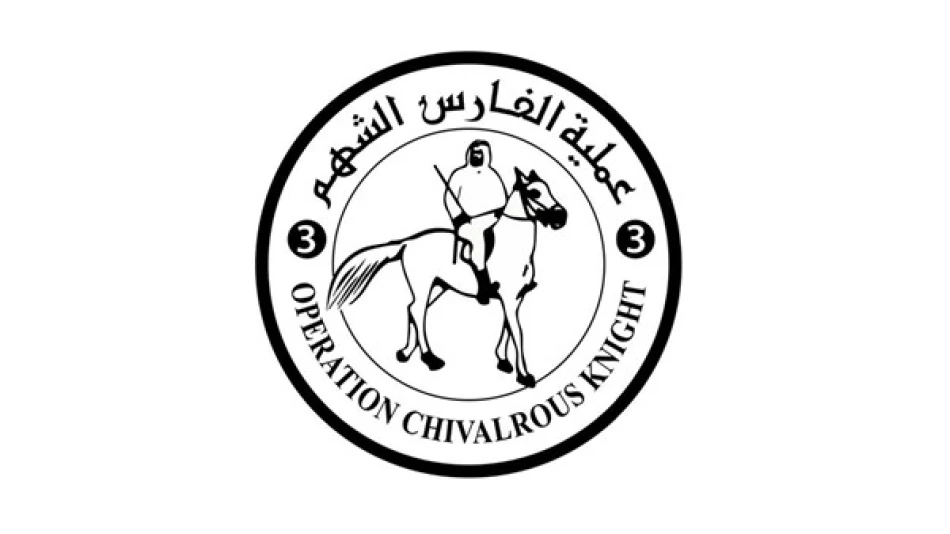
Good Samaritan Operation Delivers Over 4,000 Tons of Aid to Gaza Residents
UAE Delivers 74th Airdrop to Gaza as International Coalition Expands Relief Operations
The United Arab Emirates has completed its 74th airdrop of humanitarian aid to Gaza as part of its "Operation Chivalrous Knight 3," delivering essential supplies through an expanding international coalition that now includes eight nations. The milestone operation has delivered over 4,004 tons of aid, positioning the UAE as a leading coordinator of Middle Eastern humanitarian response while demonstrating how regional powers are filling gaps in traditional international relief mechanisms.
Multilateral Approach Gains Momentum
The latest airdrop, conducted under the "Birds of Goodness" initiative, involved coordination with Jordan and participation from Germany, Italy, Belgium, France, the Netherlands, Singapore, and Indonesia. This diverse coalition reflects a strategic shift toward multilateral humanitarian operations that bypass traditional bottlenecks in crisis zones.
The inclusion of both European nations and Southeast Asian countries like Singapore and Indonesia signals broader international engagement beyond the immediate region. This approach mirrors successful humanitarian coalitions seen during natural disasters in Southeast Asia and refugee crises in Europe, where multiple nations pool resources and logistics capabilities.
Strategic Implications for Regional Leadership
UAE's Humanitarian Diplomacy
The UAE's sustained commitment—evidenced by 74 consecutive airdrops—represents more than emergency relief. It positions Abu Dhabi as a regional humanitarian hub, leveraging its advanced logistics infrastructure and international partnerships. This mirrors the UAE's broader strategy of becoming a critical node in global supply chains and crisis response networks.
The operation's scale, exceeding 4,000 tons of aid, demonstrates institutional capacity that rivals established international organizations. For comparison, major UN humanitarian operations typically coordinate similar tonnages over months-long campaigns, highlighting the efficiency of the UAE-led model.
Economic and Political Considerations
From an economic perspective, the sustained operation showcases the UAE's ability to mobilize resources quickly while maintaining normal economic functions. The involvement of Emirati charitable organizations indicates strong public-private coordination, a model that could influence how other Gulf states structure their own international relief efforts.
The operation also provides political benefits by demonstrating active engagement with Palestinian issues while maintaining diplomatic flexibility. This approach allows the UAE to balance its normalization agreements with Israel against domestic and regional expectations for Palestinian support.
Operational Innovation in Crisis Response
The "Birds of Goodness" branding and systematic numbering of operations reflect sophisticated communications strategy aimed at both domestic and international audiences. This contrasts with more ad-hoc humanitarian responses and suggests long-term planning for sustained engagement.
The integration of multiple European and Asian partners into Middle Eastern-led operations represents a notable shift from traditional humanitarian architecture, where Western nations typically coordinate relief efforts. This model could influence future crisis responses, particularly in regions where traditional powers face access limitations or political constraints.
Broader Implications for International Aid
The UAE's approach demonstrates how middle powers can assume leadership roles in humanitarian crises through sustained commitment and strategic partnerships. The success of this model could encourage similar initiatives from other Gulf states, potentially reshaping humanitarian response mechanisms in the Middle East.
For international observers, the operation provides insights into alternative humanitarian delivery methods that could prove valuable in other conflict zones where traditional access remains limited. The sustained nature of the operation—74 drops over an extended period—offers a case study in maintaining international coalition unity during prolonged crises.
Most Viewed News

 Layla Al Mansoori
Layla Al Mansoori






